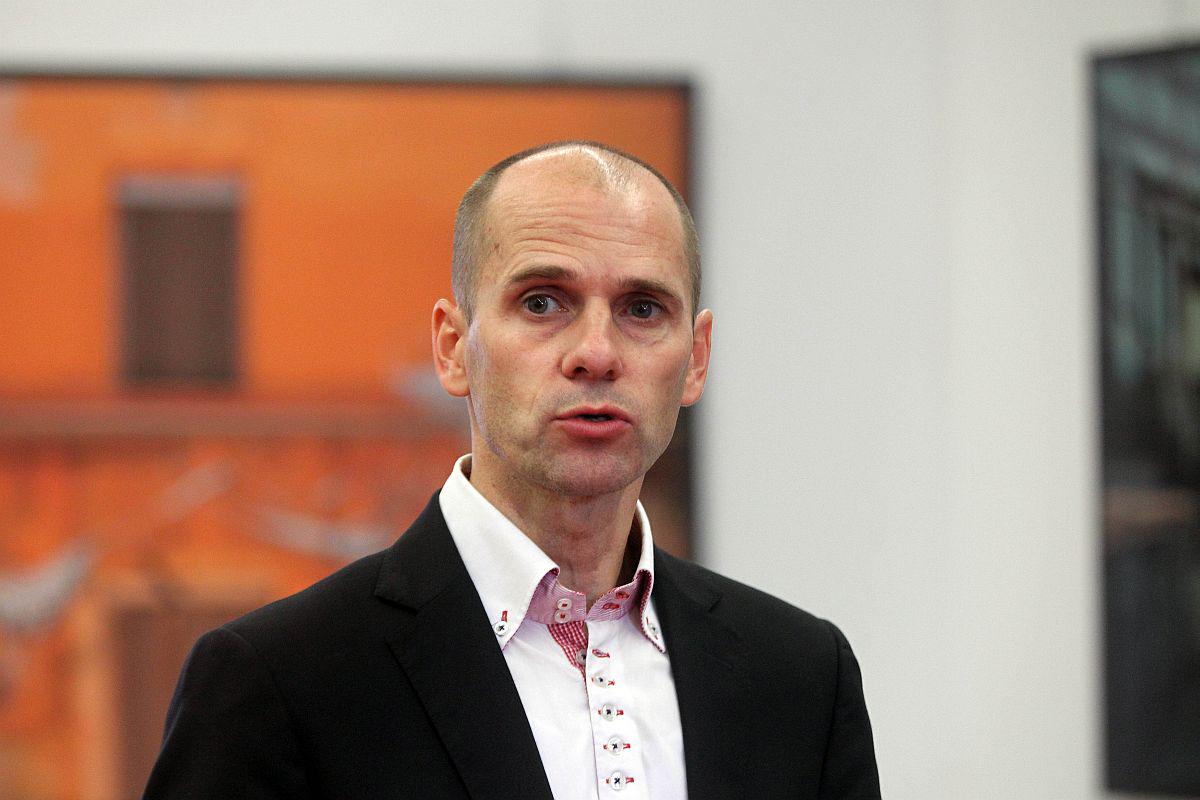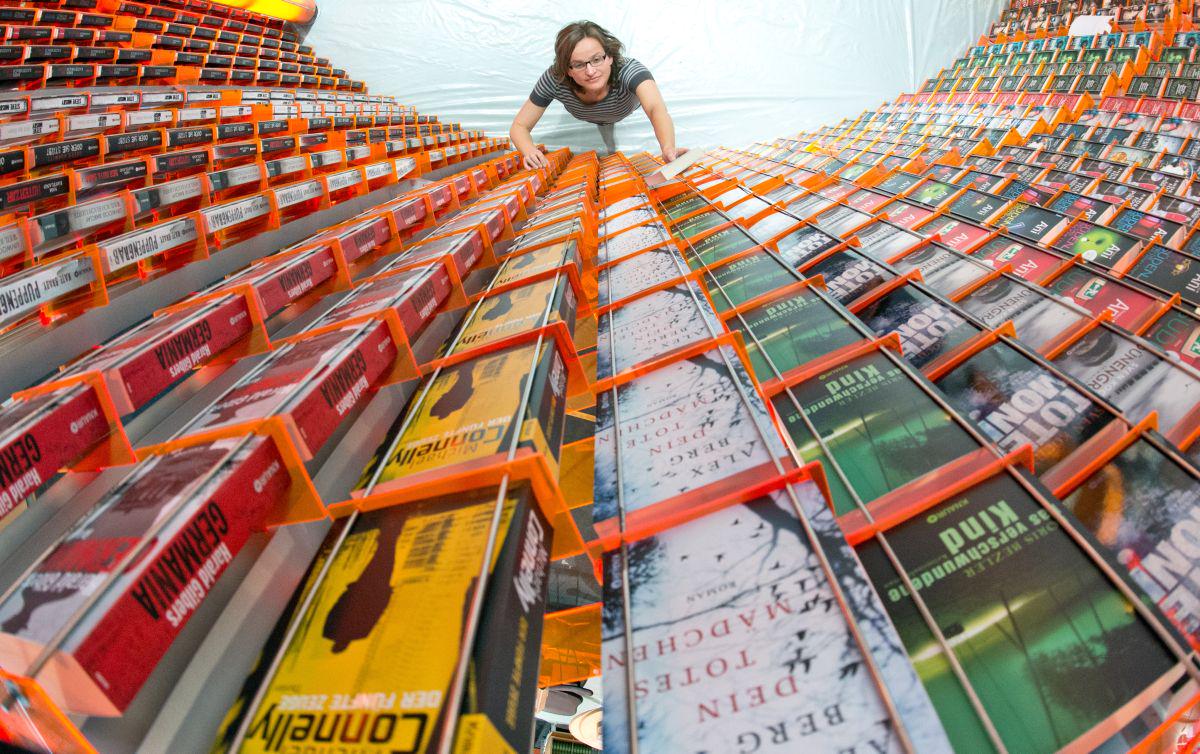
The self-employed are our priority, not just on paper but also de facto.

We will ensure better tax work by taking over the accounting services for those self-employed which don't exceed the EUR 14.000 income threshold. And we will also ensure paid sick leave for over 31 days of illness.
We talked to him about his priority tasks, regulating the open status of those self-employed in the field of culture, as well as about the possibility of drawing EU funds in times of crisis.
You set regulating the open status of those self-employed in the field of culture as your priority task. They represent a vulnerable part of those working in the field of culture. How would you solve their status?
The self-employed are our priority, not just on paper but also de facto. With changes to the Act Regulating the Realisation of the Public Interest in the Field of Culture there is now a special chapter which introduces three support instruments for the self-employed. It introduces cultural pocket-money as a new form of supporting the self-employed in their projects. The money would enable the easier realisation of those projects underway and also help those projects used as a basis for other projects.
We will ensure better tax work by taking over the accounting services for those self-employed which don't exceed the EUR 14.000 income threshold. And we will also ensure paid sick leave for over 31 days of illness. Those are the three instruments which will try answer the exceptionally sensitive and burning issue of the status of those self-employed in the field of culture in the most concrete manner. However in the long-term we cannot speak about a more solid basis for improving their situation; not until the Slovene cultural markets develops to a wider extent and not until we ensure more work for the self-employed. That's why this package is just one of the measures. Other measures have to deal with the long-term sustainable development of Slovenia's culture as a whole.
Upon taking office you also put films and books among your priorities. A national programme for culture has been adopted. You initiated and prepared a couple of laws: the Fixed Book Price Law (already in place in more European countries), the Cultural Heritage Protection Act as well as the Protection of Documents and Archives Act; we also have changes to the Act Regulating the Realisation of the Public Interest in the Field of Culture… How do you see the first stage of your work and what are your plans for the future?
We also adopted the national programme for language policy and all the necessary changes to all the above-mentioned laws, so I can say I fulfilled all my promises 100%. However we have a tough period ahead of us which will include the second wave of changes. Completely new laws will also be introduced with the aim to make the normative part of Slovenian culture more suitable to the time, space and specifics of today's age and culture, thus to enable its utmost efficient functioning and development.
You mentioned the national programme for language policy – I'm interested in the preparation of the new Standard Slovene Dictionary. As far as I understand the first step has already been made, or at least attempted, after what certain institutions failed come to an agreement. How far is the preparation of the dictionary?
This is a really sensitive issue surrounded by a very intense scientific debate. However through the national programme for language policy, and also deriving from our starting points for financing projects from the field of culture in the frameworks of the new European financial perspective, we have clearly stated that the writing of the new Standard Slovene Dictionary is a priority task. A task which can only be carried out through a partnership cooperation between the Fran Ramovš Institute of Slovenian Language and a private, non-profit institute, which deals with language technology solutions and is exceptionally strong in its field of work.
What one institution has, another institution lacks - and the other way around. Considering the fact that public funds will flow into this programme, funds meant for both institutes, our expectations are that we Slovenes more than deserve to have a quality written dictionary which will be the foundation for the further development of our language.
You say that we've had enough building extensions in culture and that it's now time for concrete new investments, even though the present time isn't too inclined on the idea. Infrastructure in culture has been a constant topic in many mandates. We can mention the unsuccessful construction of a new library building for the NUK National University Library II, as well as the Maribor Art Gallery (the extremely poor state the building is in) and the Rotovž library in Maribor…Which projects will be put in the forefront and do you think there is a possibility for any of these projects to be realized?
The national programme for culture also introduces direct cooperation with local communities. The goal is to try harmonize their priorities regarding investments into new cultural public infrastructure or cultural monuments with government plans. We're talking about infrastructure across the whole of Slovenia, which will be put to public use and ensure adequate accessibility to cultural offerings. The Rotovž library and the Maribor Art Gallery are investments with have to be backed by the Maribor municipality. Considering their importance, we already defined them in our national programme as priority investments. The current state libraries find themselves in is a burning issue, especially in that part of Slovenia, taking into account the demographics of the region.
However the municipality has to be the one to prepare all the necessary projects. But I still believe that, considering how we defined the issue in the national programme for culture, it will be given preferential treatment. The National University Library NUK II has of course been a priority of every government and there is no sense in emphasising its importance. However we have set things in motion: together with Mr. Pikalo, the Minister for Education, Science and Sport, we immediately checked the status of the project. We determined that nothing has happened since the selection of the architectural solutions. So we ordered the putting together of the project documentation which will now be ready in the spring. With that, all the conditions for moving on to the next step in realizing the project, will be fulfilled.
And the Art Academy?
That is of course also a project under the jurisdiction of the Ministry of Education, Science and Sport. We did run into a lot of difficulties dealing with this project. First of all the project still faces certain problems, including with its status in the land registry. And second, it is obviously clear that the university has turned a deaf ear to the issue. It hasn't even placed it among its priority projects. I'm afraid that in the future (unless we witness a sudden turnaround, for which I will put effort) we will have to look for partial solutions to at least enable the decent functioning of the three art academies.
The self-employed are our priority, not just on paper but also de facto.
We will ensure better tax work by taking over the accounting services for those self-employed which don't exceed the EUR 14.000 income threshold. And we will also ensure paid sick leave for over 31 days of illness.

































































